Keywords: Australia's Prime Ministers
-
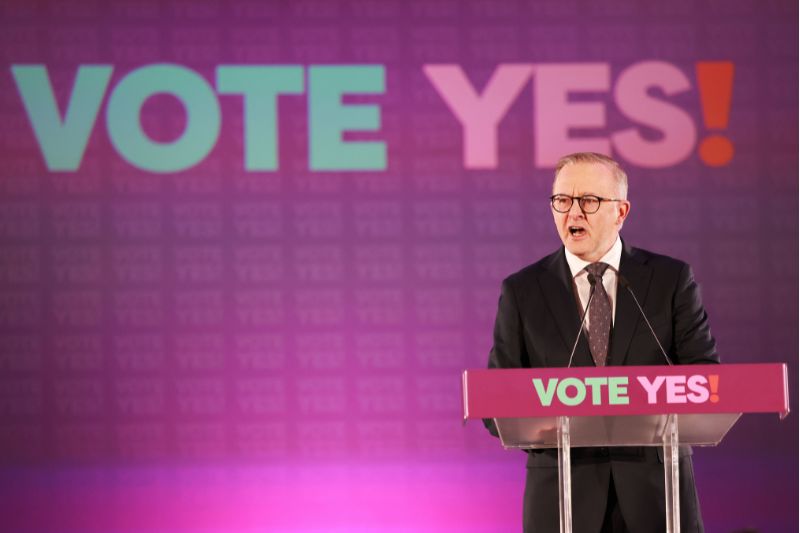
AUSTRALIA
- Michelle Grattan
- 04 October 2024
5 Comments
Almost a year after the Voice proposal was defeated, blame and recrimination are still being thrown around, and the government is still reeling from Albanese’s overreach.
READ MORE
-
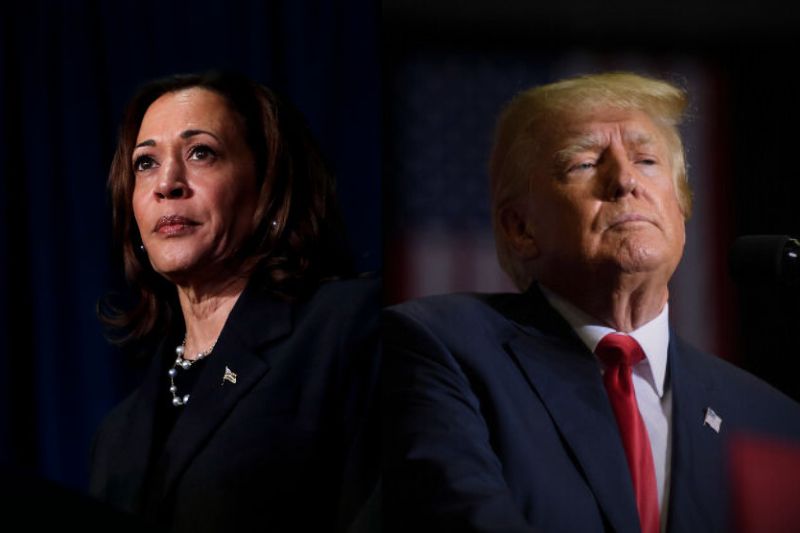
INTERNATIONAL
- James Massola
- 31 July 2024
3 Comments
The November election is shaping up to be a pivotal moment for Australia. With either Kamala Harris or Donald Trump at the helm of the United States, Australia could be affected in unexpected ways, from how we deal with China to trade policies and our relationships in the Asia-Pacific region.
READ MORE
-
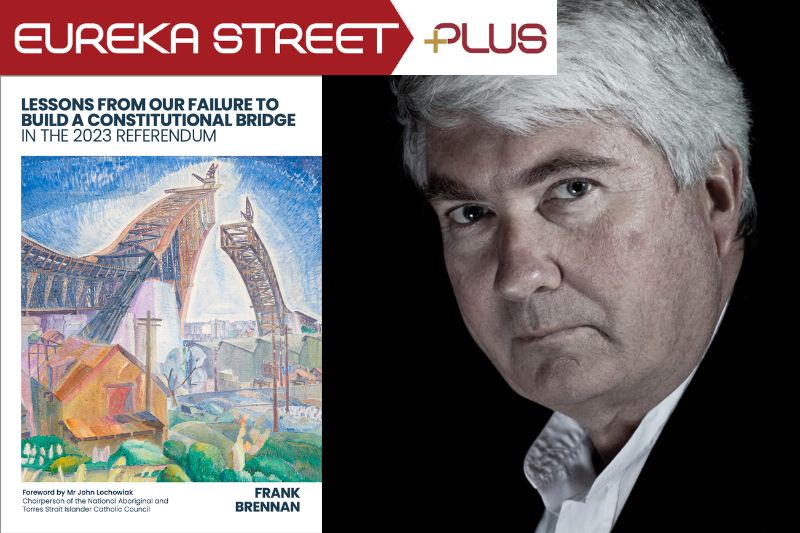
AUSTRALIA
- David Halliday
- 28 June 2024
13 Comments
It's been eight months since the Voice referendum, and people are starting to grapple with what its defeat means for Australia. There are few voices in Australia as qualified to conduct a postmortem of the outcome of the Voice referendum campaign as Frank Brennan. We examine what lessons can be learned and crucually, whether there’s reason for hope for Indigenous constitutional recognition.
READ MORE
-

AUSTRALIA
- Frank Brennan
- 27 May 2024
8 Comments
Following the failure of the Voice referendum, many believed that the path to constitutional recognition is closed for Indigenous Australians. But they may be wrong.
READ MORE
-
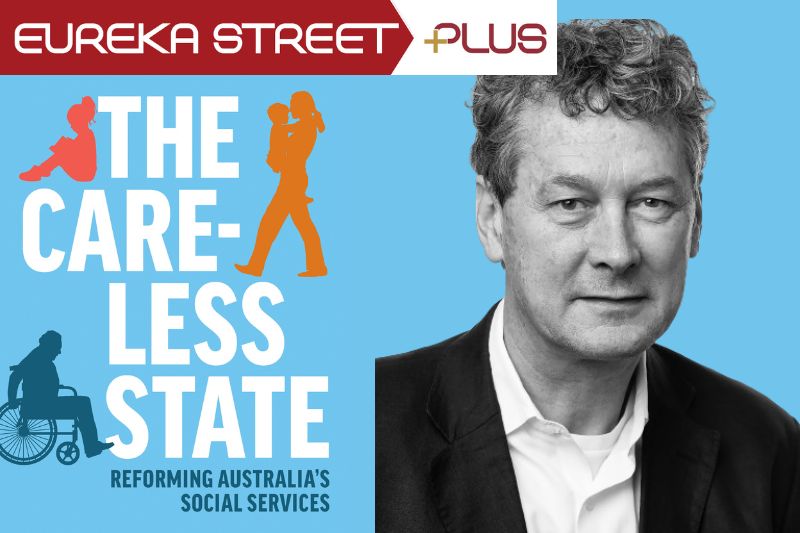
AUSTRALIA
- David Halliday
- 28 February 2024
1 Comment
The main purpose of government is to promote the welfare of its people. And yet over the last few decades, through numerous inquiries, it’s become clear that the Australian government has failed to provide services for the Australian population as well as might be expected.
READ MORE
-
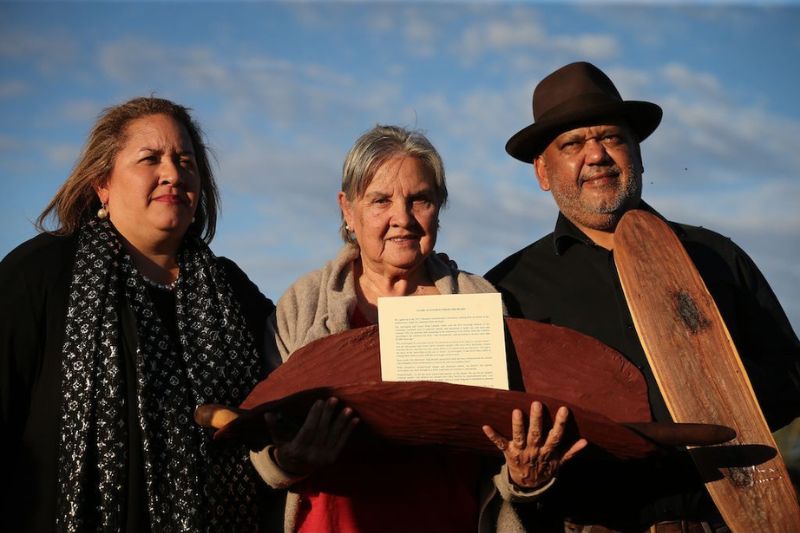
AUSTRALIA
- Frank Brennan
- 07 February 2024
12 Comments
The referendum result was a disaster for the country and a tragedy for First Australians and there has been little appetite for public discussion about lessons to be learnt from this abject failure. If we are to move forward, it’s time to begin the conversation about past mistakes.
READ MORE
-

AUSTRALIA
- Kerry Murphy
- 04 January 2024
Throughout recent decades of Australian history, the stance every government has taken on asylum seekers has reflected the shifting political landscapes and challenging humanitarian issues that have continually shaped Australia's response to those seeking refuge.
READ MORE 
-
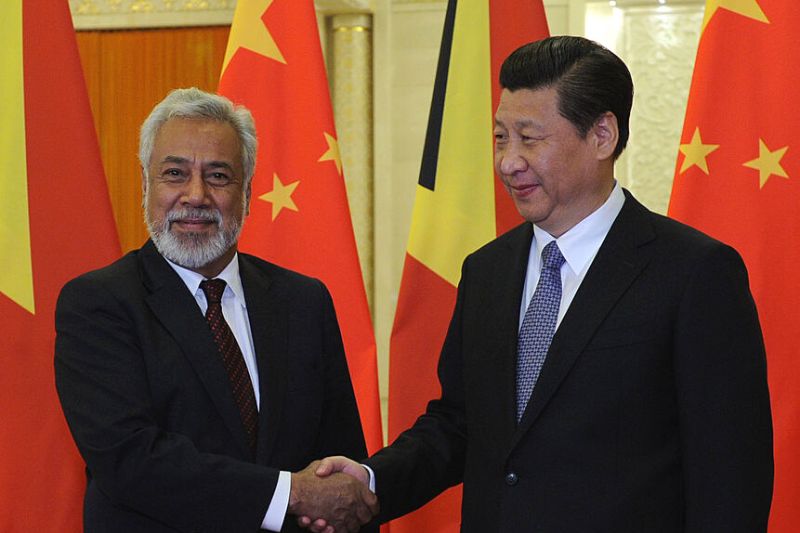
INTERNATIONAL
- Pat Walsh
- 04 October 2023
3 Comments
Prime Minister Xanana Gusmao's meeting with China's President Xi Jinping signals deeper cooperation between Timor-Leste and China. This evolving alliance, closely watched by Australia, raises questions about Beijing's motives and Timor-Leste's historical indebtedness. As China expands its influence in the Indo-Pacific, Timor-Leste's diplomatic balancing act comes under scrutiny.
READ MORE
-

AUSTRALIA
- Kerry Murphy
- 28 July 2023
How has Australia's asylum seeker policy changed over the past thirty years? The approach of every government has reflected the shifting political landscapes and challenging humanitarian issues that have continually shaped Australia's response to those seeking refuge.
READ MORE 
-
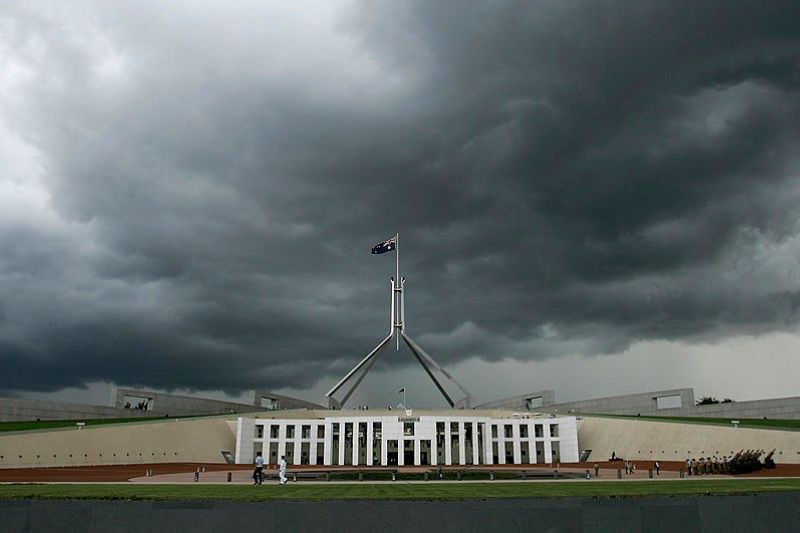
AUSTRALIA
- James Massola
- 14 July 2023
5 Comments
Catherine Holmes' Royal Commission report exposes the staggering mismanagement and human cost of Australia's Robodebt scandal. The scheme burdened over 500,000 Australians with non-existent debts and is linked to at least three suicides. This report unravels the culture behind the disaster and the potential repercussions ahead.
READ MORE
-
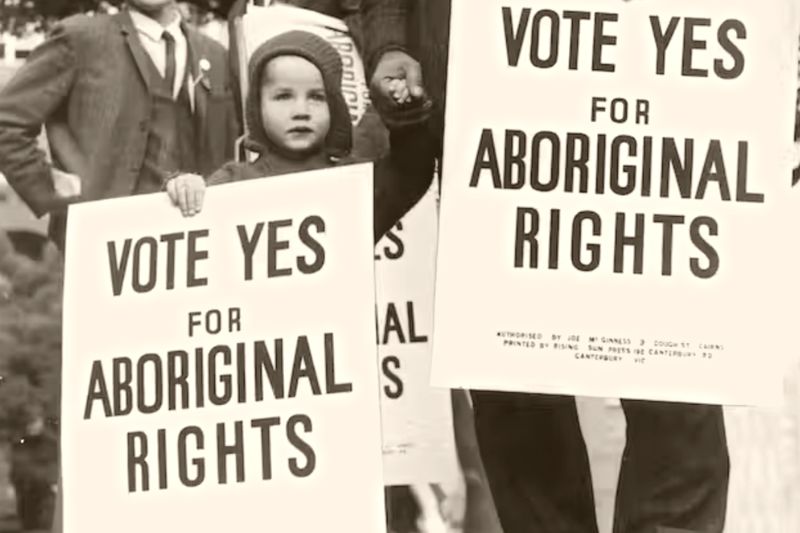
AUSTRALIA
- Frank Brennan
- 05 June 2023
19 Comments
The wording of the proposed change to the Australian Constitution to enshrine a First Nations Voice might not be perfect. But whatever the imperfections and the risk of future complications, it is high time that Australia’s First Peoples were recognised in the Constitution in a manner sought and approved by a broad cross-section of Indigenous leaders.
READ MORE
-
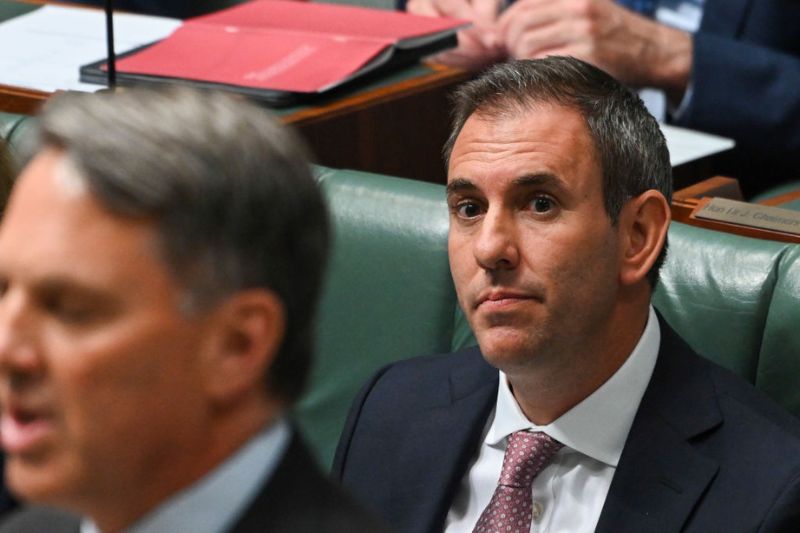
AUSTRALIA
- James Massola
- 04 May 2023
2 Comments
Jim Chalmers’ second budget marks the moment the federal Labor government takes full ownership of the national economy. This budget shapes as a more ambitious document and a more authentically Labor one, too. Chalmers is seeking to look after those who are less well-off, while balancing that against the need to avoid overspending.
READ MORE